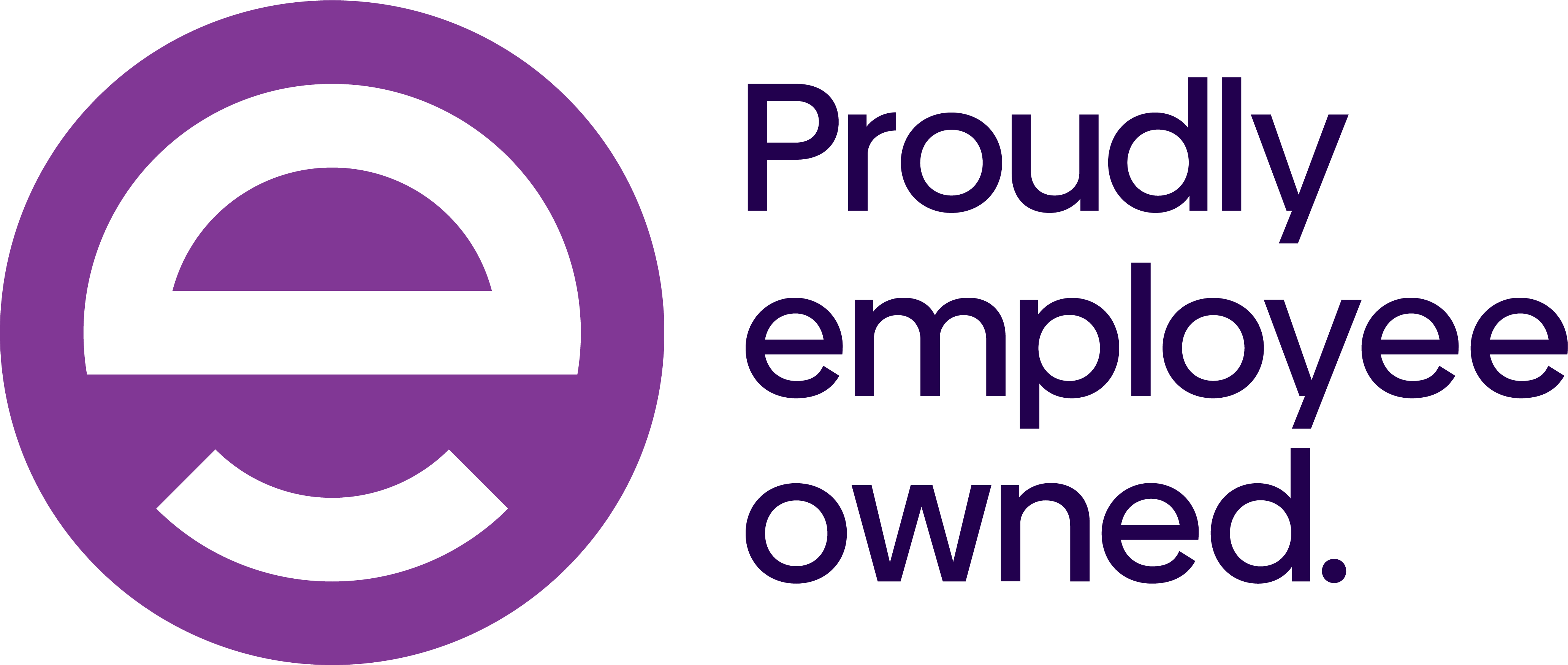All In A Day's Work: John Lister, Projects Director

John has been delivering Primavera solutions for 25 years – at Primavera, Oracle and now at RPC where he has headed up the Consultants team since 2015. While he has overall responsibility for the delivery of all consulting projects within the company, he also gets his hands dirty with on-the-ground consultancy and training when times are busy and it’s all hands to the pump.
Global reach, local approach
“Come join RPC!” they said. “See the world!” they said. More often than not, however, my commute takes me 10 steps across the garden from the kitchen to my office with Sprocket the dog in tow. Yes, there’s been the odd glamorous trip: for two weeks in April this year, I was in Singapore delivering a training engagement at the R&D centre of a major civil aerospace manufacturer – not only an extraordinary location, but an appointment that really appealed to my inner engineer and the plane nerd in me.
The tally of countries RPC has worked in is up to 25 now. Last year I spent a week in Dublin, project managing and kicking off a project with a major new client, and another week in Shanghai, again a training course but this time with a translator in the room, which was definitely a brand new experience for me. We recently had an enquiry about delivering a one-day training course in Bangalore – now that really would be quite a commute.
This week’s travel is a bit closer to home: after a long day of meetings at two different sites with clients in Bristol, dinner was a sandwich at the airport before hopping on a two-hour-delayed flight to Edinburgh just in time to collapse into bed – it’s going to be an early start in the morning to get prepped for a challenging day ahead.
"Senior staff might think that their time is best spent elsewhere, but their presence is invaluable at the early stage."
But what brings me to Edinburgh? We’re starting off our latest project with a large defence contractor who’s bought P6, Unifier and our RPCXlr8 solution for Earned Value Management, all integrated with Gateway to their ERP tool. The kick-off meeting lasts two days and is absolutely critical for a variety of reasons: it’s where we set expectations for the task ahead, understand (and challenge) everyone’s assumptions, and try to pre-empt issues and risks that we’re likely to face.
This kind of session is always essential, even when we’re starting a new piece of work with an existing customer. Every project is different, with its own set of timeframes, demands and, of course, people – all with their own ideas, ways of working, expectations and personalities.

Getting top-to-bottom buy in
Our clients’ Senior Sponsors and Planning Managers are all actively involved in these meetings, confirming the current state of the project and processes, the overall design, desired outcomes, and risks for the Primavera solution going forward. It’s often these senior staff who are the hardest to get to the meetings but they’re so important for getting crucial executive buy-in when process change needs to happen. They might think they’re too busy to sit in on this and that their time is best spent elsewhere, up at the strategic level of meetings, but their presence is invaluable at the early stage.
From my perspective, we have a great room of people at this particular kick-off. Their project manager has done a grand job of getting their senior sponsors in there, who fulfil the important role of keeping the room focused on the fact that in this case it will be an ‘out of the box’ solution.
From the outset, many clients assume they are going to need a custom solution calibrated to fit their current way of working. In fact, they may often be able to make simple changes to their processes to slot in with the standard tool. If a client’s business process simply doesn’t fit with the product’s out-of-the-box functionality, the process needs to be defined, documented and then a custom solution priced and quoted back to the client, to enable them to assess whether or not they want to pursue a bespoke solution – or bespoke elements within their solution.
If they do want a custom integration, I’ll hold my hands up and admit that it’s time to call in our Tech experts, Dave and James, to advise on the complexities, implications and costs of configuring what they need. This time round it’s so far, so good: l I don’t need to bring out my worry beads just yet…
I take a look at their current solution – they’re planning in the ERP system – and, given the constraints of it compared to P6, they’ve worked hard to get it as far as they have. But it doesn’t provide the rigour, auditability or Earned Value reporting they need. Yes, we can certainly help here.
However, this is going to be so much more than just a tool implementation. In the meeting, on coffee breaks, even at dinner, I hear snippets of tales of how their planners have fallen into bad habits of being somewhat ‘creative’ in their reporting. Given that the new system is going to make that so much harder to do and so much more visible if they do manage it, we are going to have to reach out to that community, down at the grass roots level, and win hearts and minds to get them all on board.
"Adapting to change is instrumental to the successful progress of a project with the Primavera product."
Explaining what we’re doing and how the new system will increase efficiencies and transform the way they can do business is a vital part of the process and it’s one that I really enjoy being part of. Simple upgrades rarely need us to provide more than a bit of training, but a fundamental systems shift like this – usually with a client that’s new to us – will almost always need more careful hand-holding in the implementation stage.
Change management is a crucial element
Some organisations bring in outside expertise to manage change when they’re implementing new processes, but on a job of this size, we can help the customer to put together a core team to run the internal ‘sales offensive’. Indeed, this is actually all part and parcel of the sales and implementation process because adapting to change is instrumental to the successful progress of a project.
If people aren’t on board with the new ways of working, not only will data input be poor, but that low data quality will lead to untrustworthy outputs, inaccurate reports and, ultimately, executive level disappointment with the new system as a whole. Result: an undermined project and an unhappy client.
I’m thinking about Q&A pages for their company intranet, email updates and tips, lunchtime drop-in sessions offering problem-solving clinics or mini demonstrations, a road-show, taking Primavera to the people who will be using it on a day-to-day basis. I can see a few more airport dinners for me down the line…
So, as with any project, there’ll be hurdles, challenges, technical issues, and a few people keen on sticking with the old (we are creatures of habit, after all), but navigating that and ending with a satisfied customer is certainly what gets me up in the morning.
Back to Industry Insights








